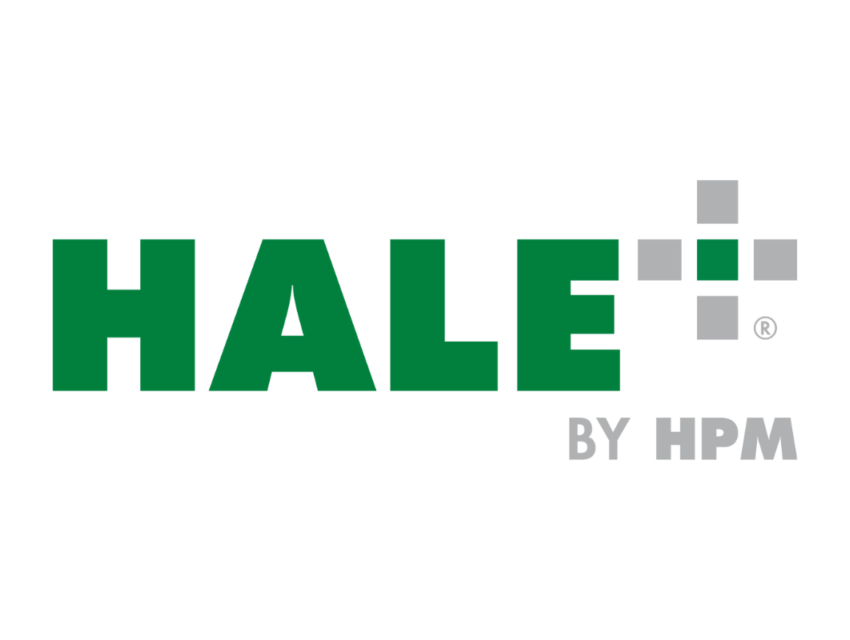HalePlus Program Update
Residential units are currently unavailable for contractors and homeowners to purchase. For current options, please visit our Pre-Built page for sheds and office trailers. If you have further questions, contact us at (808)319-2847.
